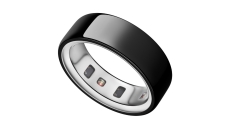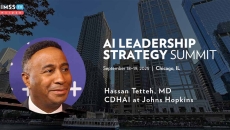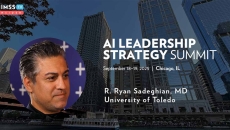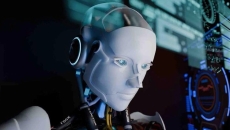Data and Information
The company, which changed its name from RIIG to Hootl in May, will use the funds for product development, regulatory preparedness and market growth.
The company's CEO, Tom Hale, told MobiHealthNews Oura will use the funds "for AI-driven innovation to redefine what digital health technology can do."
The package of bills aims to bolster protections for children using online chatbots, including prohibiting chatbots from representing themselves as healthcare professionals.
Dr. Hassan Tetteh of the Johns Hopkins Center for Digital Health and AI says that agentic AI has the potential to surpass human intelligence and change the way we work, but can also enable personalized, more patient-driven healthcare.
According to Dr. R. Ryan Sadeghian, healthcare AI thrives best on small, steady successes in areas like ambient documentation where clinician trust and workflow fit matter more than having the latest model.
About 300 million prescription records were used to train the AI to reveal drug safety issues and opportunities for repurposing medicines.
The company offers computer vision technology that enables humanoids and robots to perceive the world in 3D similar to how humans use their eyes and depth perception.
As post-acute facilities struggle with fragmentation and staffing, PointClickCare's Dr. Steve Buslovich says AI tools can summarize complex patient records and assist with documentation so clinicians can focus on bedside care.
Developed with Murdoch Children's Research Institute, the AI has shown 90% detection accuracy.
The deep multi-task learning AI analyses X-ray images of premature babies to identify intestinal perforation and its location.









